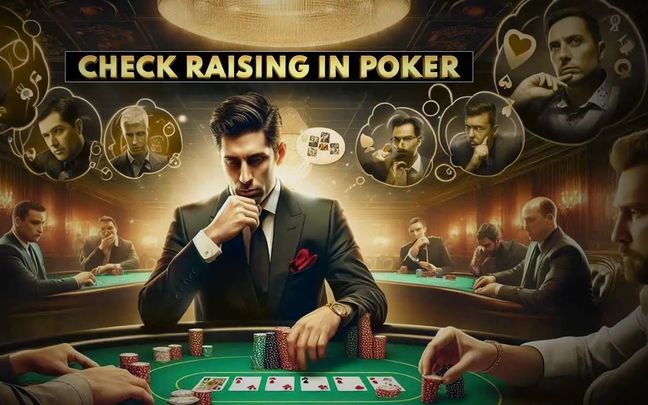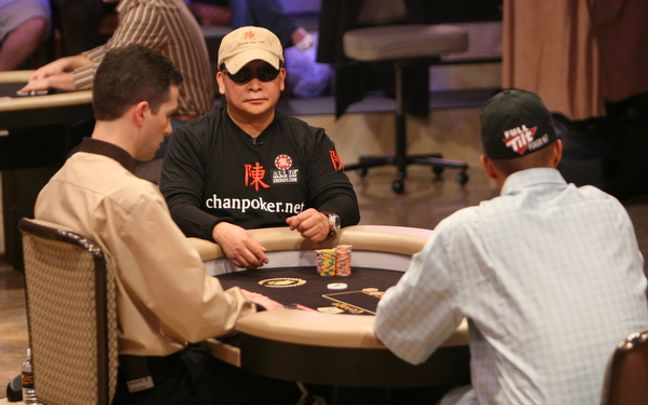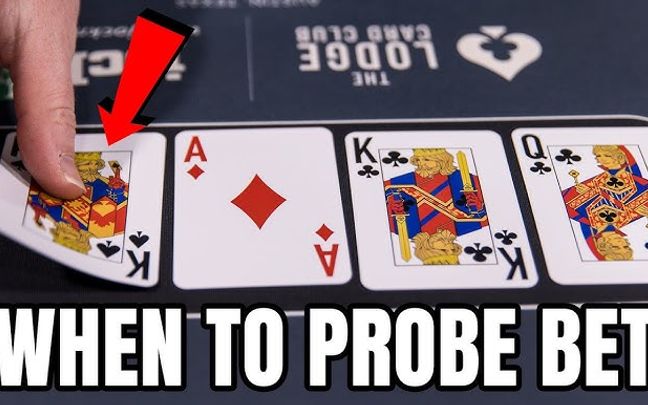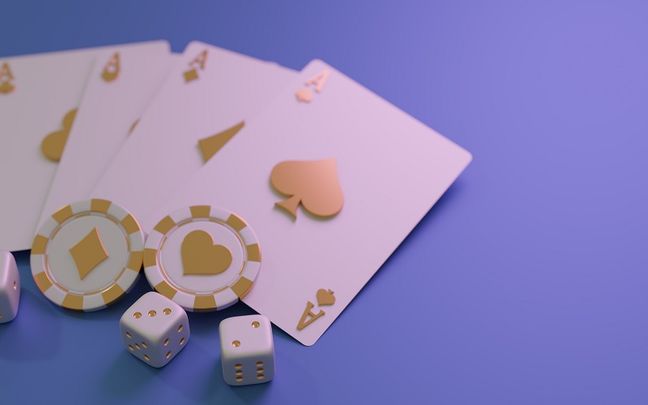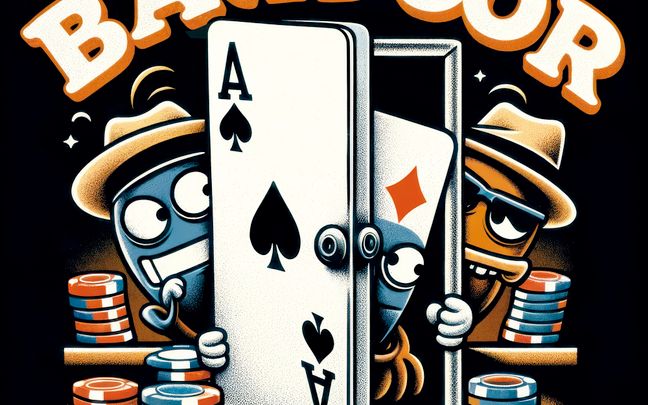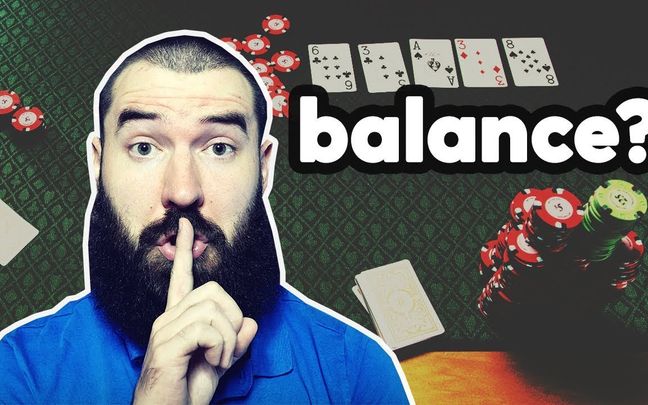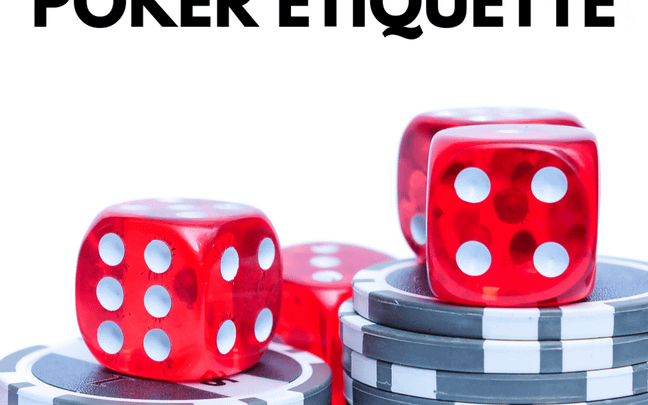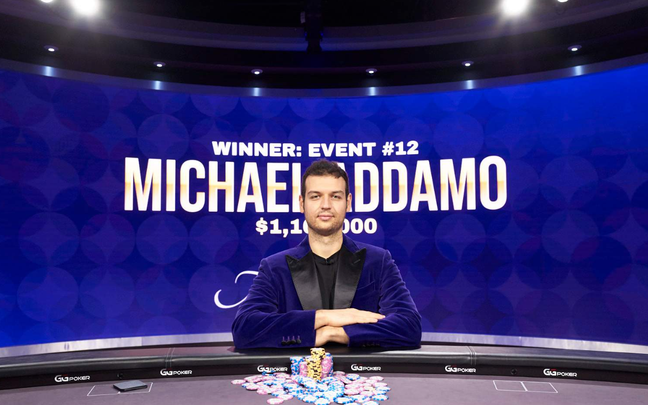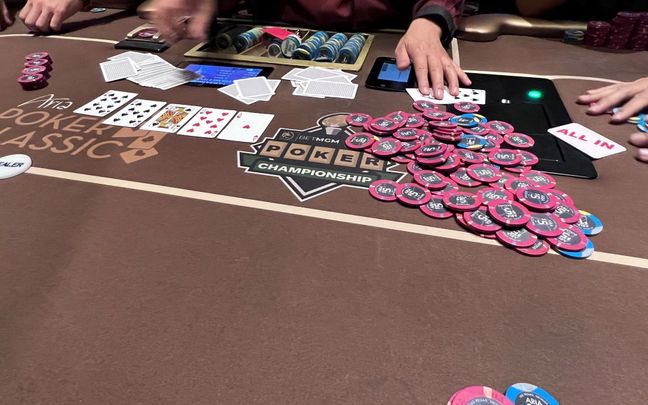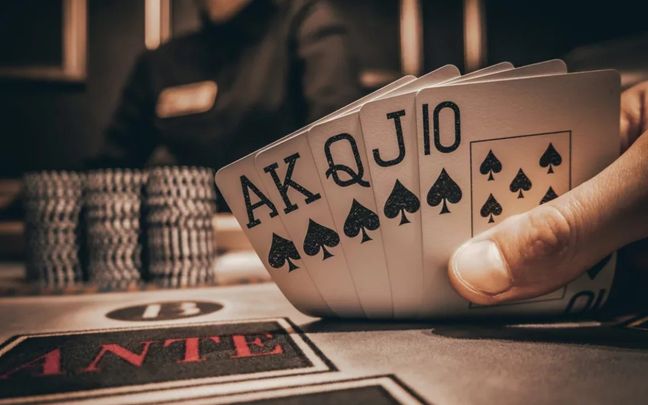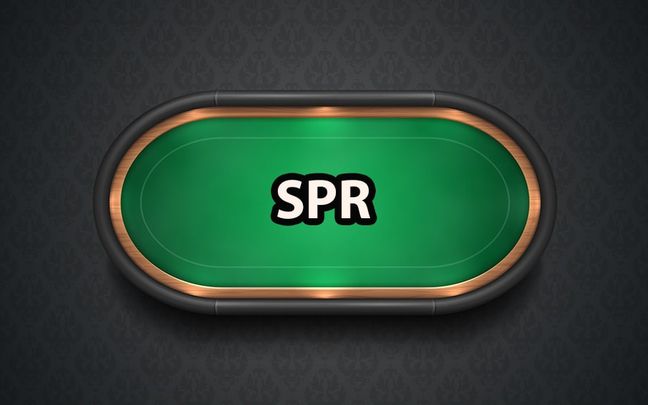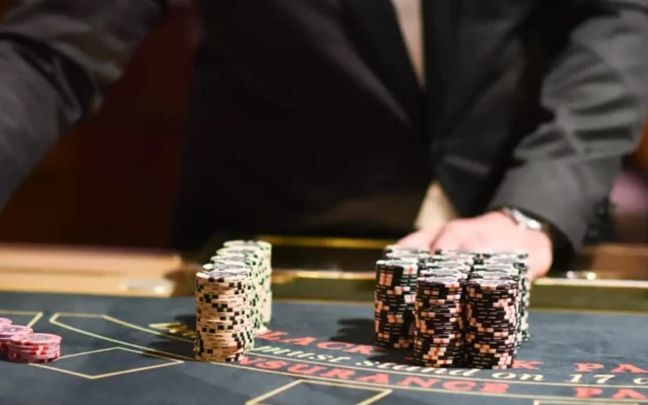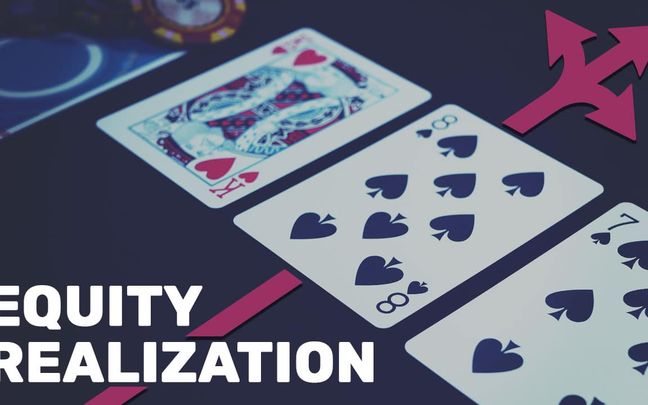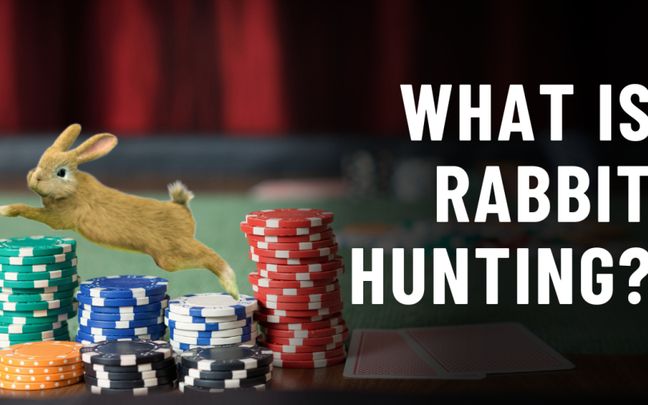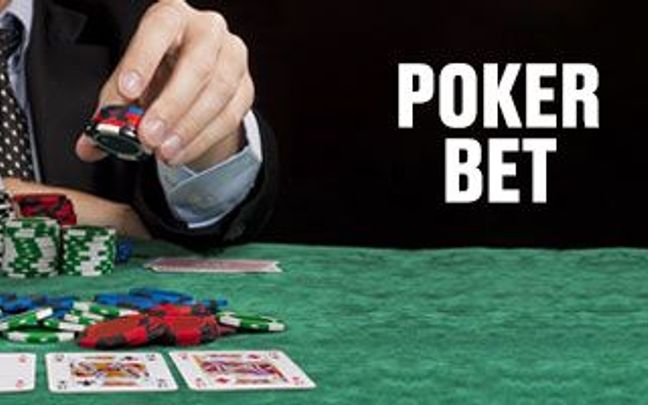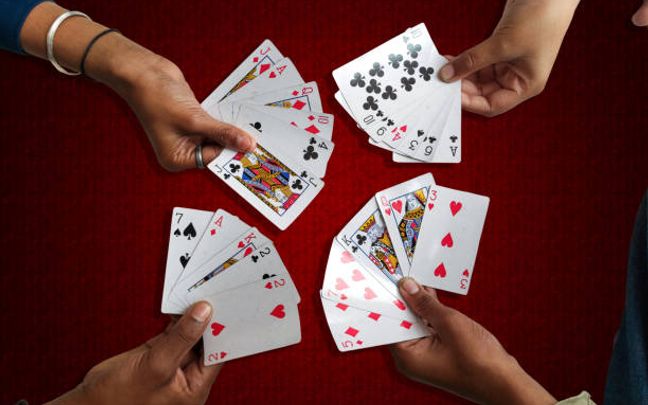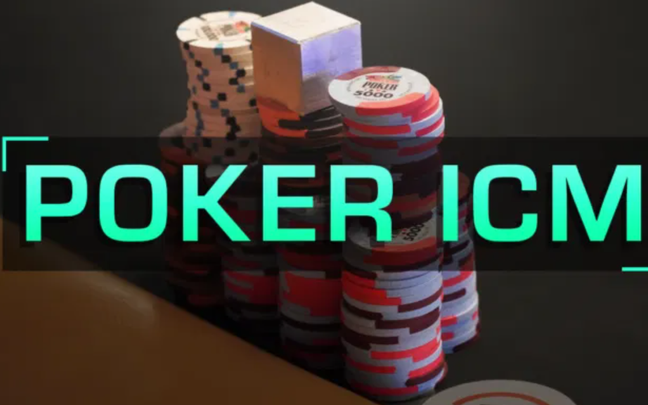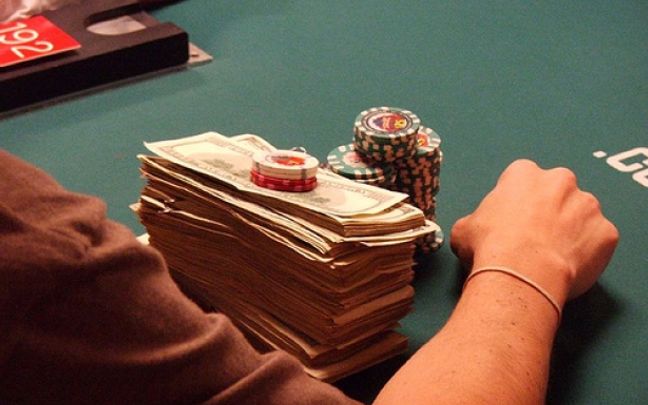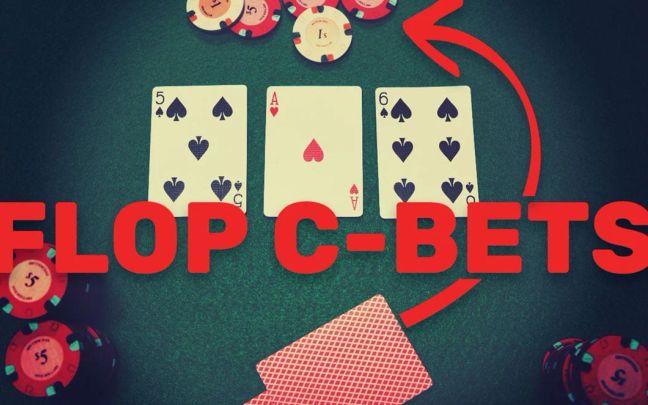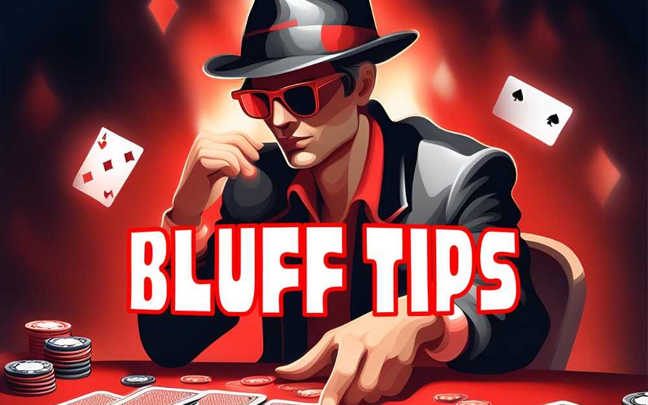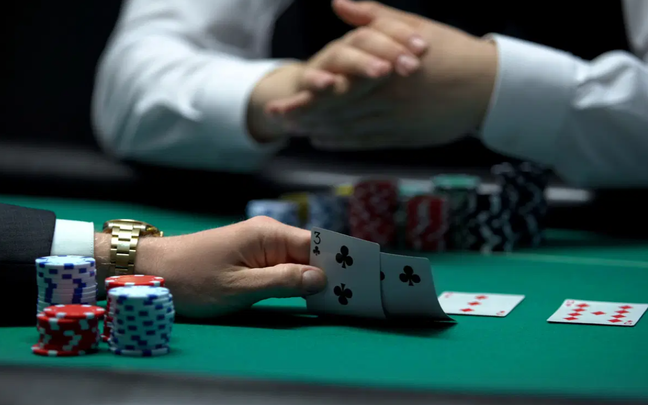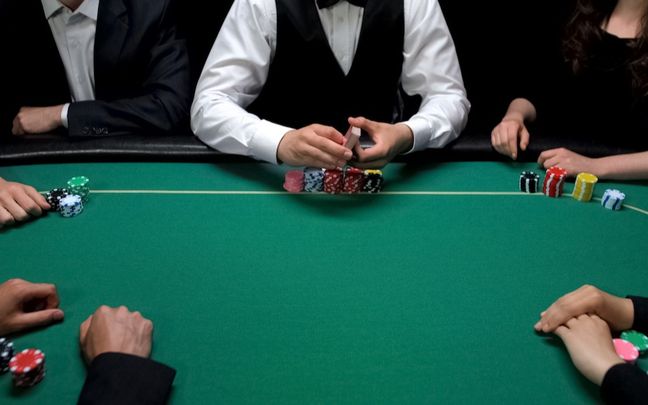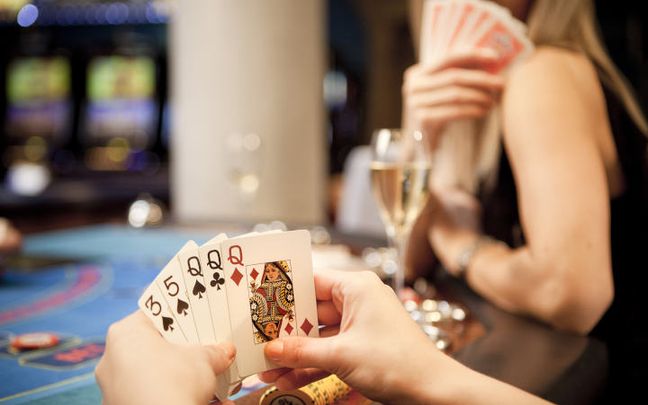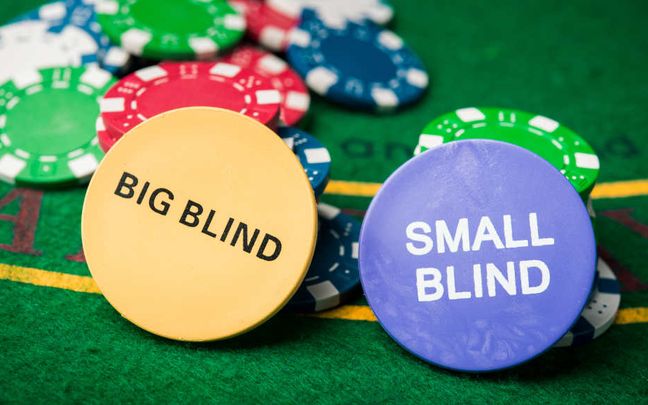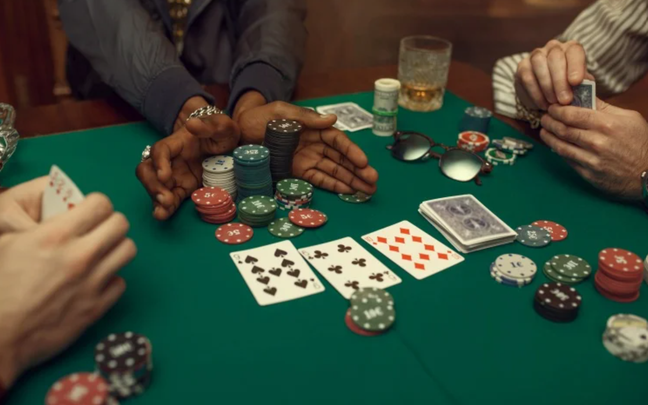Rabbit hunting in poker is a concept where players are curious to see what the next cards would have been after they have decided to fold. Although not an official part of the rules, rabbit hunting can offer certain benefits, from satisfying curiosity to learning from past decisions. However, it also comes with controversies and may impact the pace and enjoyment of the game.
This discussion will delve into the concept of rabbit hunting in poker, examining both its positive and negative effects, and how you can use it appropriately to enhance your skills.
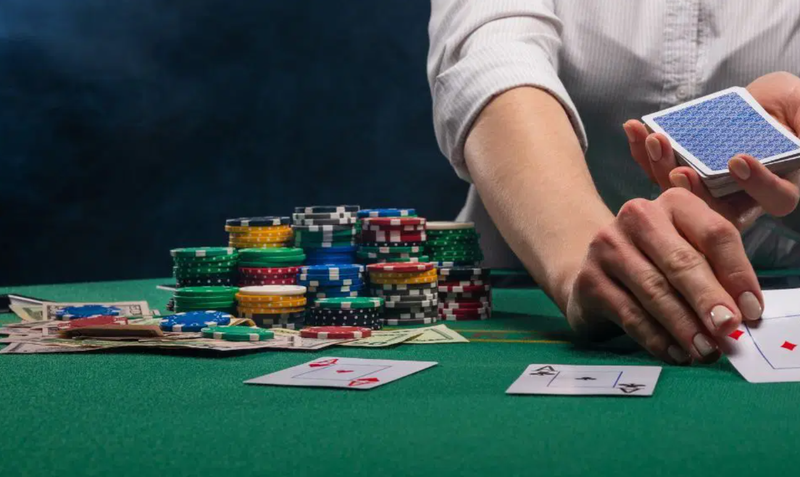
What is Rabbit Hunting in Poker?
Rabbit hunting in poker refers to the action of seeing what the next community cards would have been after the hand has ended. This usually occurs when a player wants to know if they would have won if they had continued playing instead of folding.
For example, if you fold before the final community cards are dealt, you can ask the dealer to reveal the remaining cards to see what you would have received if you had stayed in the hand. Rabbit hunting does not affect the outcome of the hand but can provide you with information about potential cards.
In many casinos and poker rooms, rabbit hunting is not encouraged or is even prohibited because it slows down the game and can be annoying to other players.
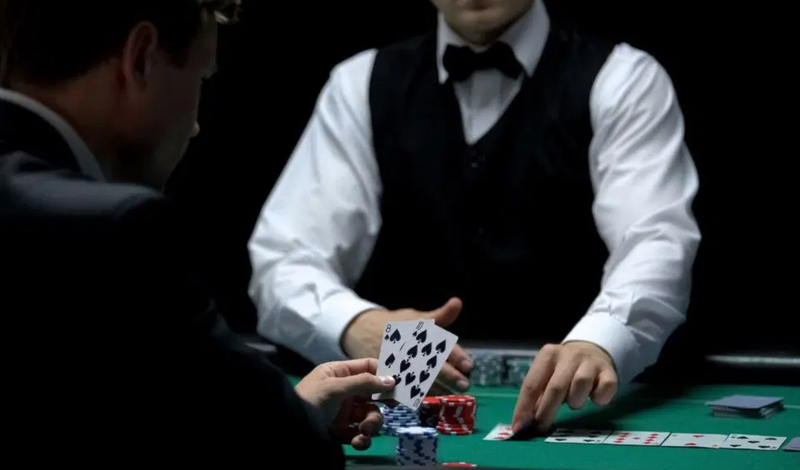
Specific Example of Rabbit Hunting in Poker
Here’s a specific example of rabbit hunting in poker: Suppose you are playing Texas Hold'em and you have 9♠ and 10♠.
Flop: The community cards are 7♠, 8♠, and K♣.
You have an open-ended straight draw and a nearly complete flush draw. However, another player bets heavily, and you decide to fold.
Turn and River: After folding, you are curious about how the hand would have played out if you had continued. You request the dealer to reveal the remaining cards.
The dealer turns over the turn card as J♠ and the river card as Q♠.
If you had continued, you would have had a straight flush – one of the strongest hands in poker. However, since you folded, you did not win that hand.
This is a classic example of rabbit hunting, where you see what the next cards would have been after deciding to fold.
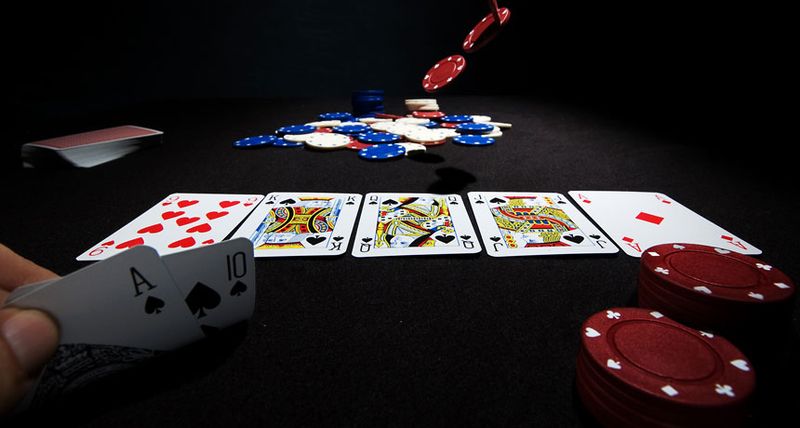
Should You Use Rabbit Hunting in Poker?
The use of rabbit hunting in poker can be controversial and is often discouraged for several reasons:
Slows Down the Game: Requesting to see the next cards after a hand has ended can slow down the game, impacting the experience for all players.
Annoys Other Players: Some players may feel frustrated or irritated if someone constantly requests rabbit hunting, especially if it disrupts the flow of the game or adds unnecessary tension.
No Strategic Benefit: Rabbit hunting doesn’t help you improve your poker skills. Poker is a game of probability and strategy, and knowing potential cards doesn’t change the decisions you made in the past.
May Be Banned in Some Casinos: Many casinos and poker rooms do not allow rabbit hunting for the reasons mentioned above. This can lead to rule violations and could result in warnings or even being banned from playing.
In summary, using rabbit hunting often does not provide real benefits and can have negative effects. Instead, focus on improving your poker skills through learning and practice.
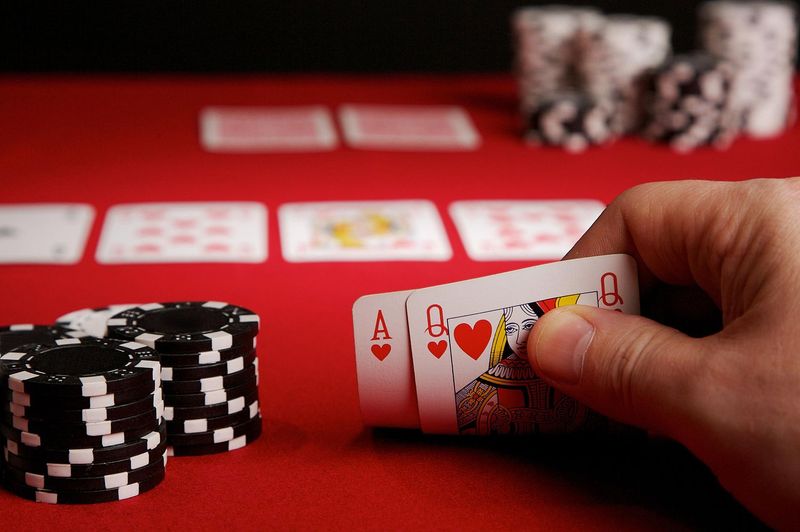
How Rabbit Hunting Can Be Beneficial in Poker
While rabbit hunting is not encouraged in many casinos and can have negative impacts, there are some ways to use it beneficially if your casino or home game permits it. Here are some ways you can use rabbit hunting to your advantage:
Learn from the Results
Rabbit hunting can help you better understand your decisions during the hand. By seeing the next cards, you can assess whether your decision to fold was correct. However, remember that this should be used as a learning tool, not as a basis for changing your strategy for future hands.
Identify Card Trends
If you frequently play with the same group or at the same casino, seeing the next cards can help you recognize card distribution trends. Although poker is a random game, sometimes patterns in card distribution can emerge that you might exploit.
Manage Emotions
Rabbit hunting can help reduce curiosity or regret when you fold. Knowing that you made the right decision can help maintain your composure and prevent emotional reactions from affecting your decisions in future hands.
Long-Term Strategy
Using rabbit hunting to analyze and review past hand situations can help you build a better long-term strategy. You can note what happened and review your decisions to improve your playing skills.
However, be aware that rabbit hunting does not replace learning and honing poker skills. Mastering fundamental concepts, managing your bankroll, and developing effective strategies remain the most critical factors.
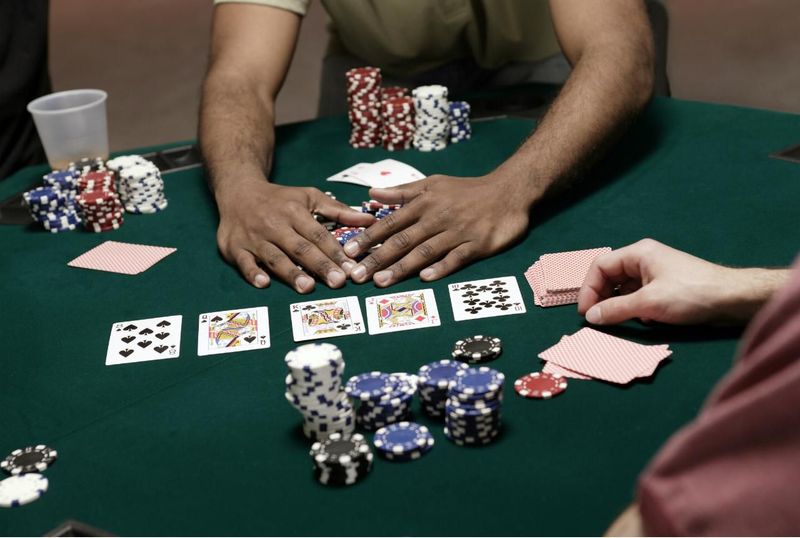
Rabbit hunting in poker, despite its controversies, can be a useful tool if used appropriately and in the right context. Looking at the next cards can help you better understand your decisions, thereby improving your strategy and emotional management. However, to maximize its benefits, you need to be aware of the rules and reactions of other players at the table. Ultimately, success in poker comes not just from knowing potential cards but from understanding, strategy, and skill. Rabbit hunting, when applied judiciously, can be a part of your journey to refining your poker skills.
